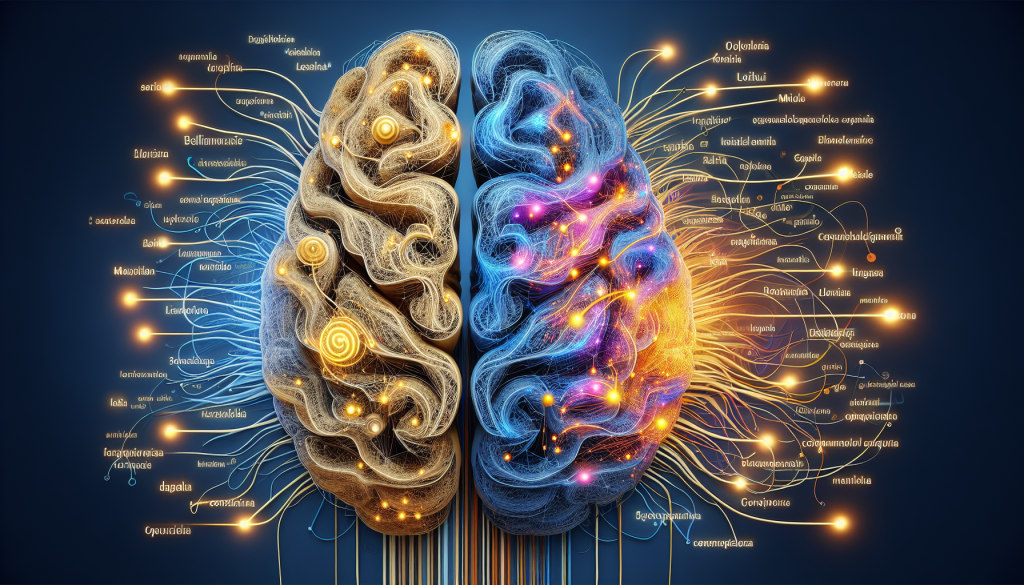
The Bilingual Brain: The Cognitive Benefits of Learning Multiple Languages
Bilingualism and Brain Development
In today’s society, being bilingual is no longer considered a unique skill. It has become a necessity for many jobs and opportunities. But beyond the obvious advantages of improving communication and cultural understanding, studies have revealed that learning multiple languages has positive effects on the brain.
According to recent research, bilingualism has been linked to increased brain function, specifically in areas involved in memory, attention, and executive control. This is because the process of learning and speaking two languages requires the brain to constantly switch between the two, strengthening neural connections and ultimately resulting in enhanced cognitive abilities.
Improving Executive Function
Executive function refers to the set of mental skills responsible for planning, organizing, problem-solving, and executing tasks. Being bilingual forces the brain to constantly switch between languages, which improves the brain’s ability to focus and filter information. It also enhances problem-solving skills and decision-making processes.
A study conducted by the University of Edinburgh found that bilingual children have a better understanding of complex language structures, thus leading to improved performance on tasks that require executive function. This not only benefits language abilities but also enhances overall cognitive function.
Delaying Cognitive Decline
Studies have also shown that being bilingual can delay the onset of age-related cognitive decline. In a study conducted by the University of Waterloo in Canada, bilinguals were found to be diagnosed with dementia approximately 4.5 years later than monolinguals. This is because the constant use of both languages provides cognitive reserve, which is essentially a backup system in the brain that can compensate for age-related decline.
Furthermore, research has shown that the bilingual brain is more resilient to damage caused by strokes and other forms of brain injury. This is because the cognitive benefits of bilingualism help the brain to adapt and recover from such injuries.
The Role of Culture and Empathy
Aside from the cognitive advantages, being bilingual also leads to a deeper cultural understanding and increased empathy. When learning a new language, one must also learn about the culture and customs of the speakers. This leads to a broader world view and the ability to empathize and communicate with people from varying backgrounds.
A study published in the journal Psychological Science found that bilingual individuals have a better emotional understanding and empathy towards others. This is because they are constantly switching between languages, and therefore, are more attuned to different linguistic and cultural nuances.
In Conclusion
In today’s fast-paced and globalized world, being bilingual has become a valuable skill. But beyond the practical advantages, learning multiple languages has significant cognitive benefits for the brain. Bilingualism improves executive function, delays cognitive decline, and leads to a deeper cultural understanding and increased empathy. So, whether you are just starting to learn a new language or are already fluent in several, keep in mind the cognitive benefits that come with it – your brain will thank you in the long run.
